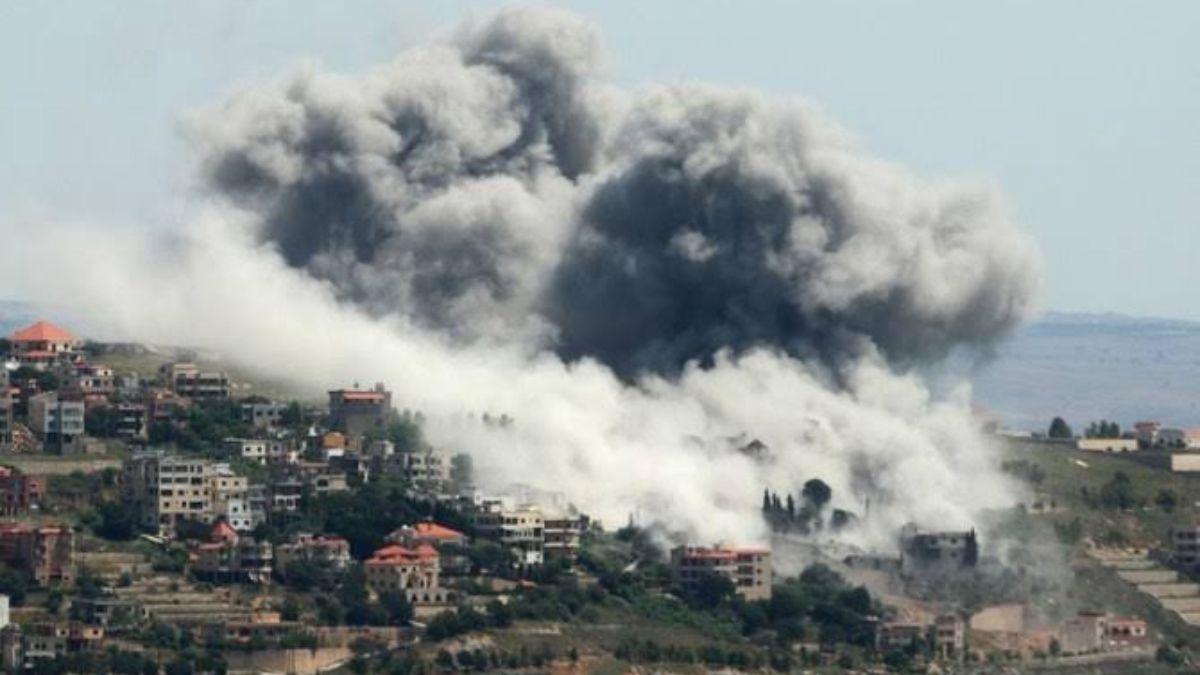Hezbollah has claimed responsibility for a drone that exploded in northern Israel, igniting a fire in the Upper Galilee region. According to the Israel Defense Forces (IDF), the drone, which entered from Lebanon, crashed and detonated in a non-residential area, causing a fire but no casualties.
The incident has heightened regional tensions and drawn reactions from various quarters. In response, dozens of demonstrators have blocked a major road in Tel Aviv, demanding action on the ongoing hostage negotiations. This protest underscores the rising public pressure on the Israeli government regarding its handling of the hostage situation.
In a related development, a letter purportedly from Hamas leader Yehya Sinwar was sent to Hezbollah’s leader, expressing gratitude for his support and solidarity. This communication highlights the coordination and mutual support among militant groups in the region.
In the United States, tensions also flared as a pro-Israel rally in a Boston suburb led to a scuffle, resulting in one person being shot. Authorities are investigating the incident, which reflects the broader international repercussions of the escalating conflict in the Middle East.
Additionally, the IDF has reported the interception of two Israelis attempting to enter Gaza. The army’s action underscores ongoing security concerns and the complex dynamics of the Israel-Gaza border.
These events collectively illustrate the intensifying conflict and the far-reaching impacts of the recent escalation in the Middle East, affecting both regional stability and international responses.
This latest drone attack follows previous incidents of cross-border violence, including earlier exchanges of fire and heightened security alerts. As reported previously, the increasing frequency of such attacks and regional skirmishes underscores the volatile and interconnected nature of the current Middle Eastern conflict, with significant implications for both local stability and international diplomatic efforts.

